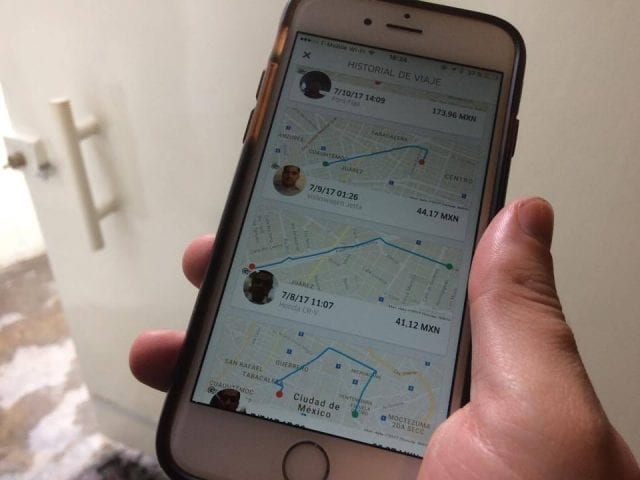The suit, filed by state Attorney General Xavier Becerra and an assortment of city attorneys, accuses Uber and Lyft of violating a recently-passed California law.
California Attorney General Xavier Becerra has filed a lawsuit against ride-share companies Uber and Lyft, alleging that both illegally and intentionally misclassified drivers as independent contractors when they were actually employees.
According to CNN, the lawsuit was filed Tuesday by Becerra in collaboration with a coalition of city attorneys.
CNN reports that Uber and Lyft are accused of violating a new California law. Signed into effect at the beginning of January, Assembly Bill 5—also known as AB-5—requires that companies prove contractors set their own schedules and work outside the usual course of business.
Failure to evidence contractors’ independence from company control may constitute a violation of AB-5.
The misclassification of employees as independent contractors is a hot-button issue, both for states and the federal government. Furthermore, misclassification can have severe consequences. For instance, companies aren’t responsible for contractors’ payroll taxes. And contractors, as non-employees, aren’t entitled to collect unemployment under ordinary circumstances, no matter their compensation or responsibilities.

The lawsuit—paraphrased, in part, by CNN–cites a similar set of reasons: by misclassifying its employees, Uber and Lyft have deprived workers of protections, which include minimum wage entitlements, overtime, paid sick leave, and access to unemployment benefits.
All of those protections, in California, are ordinarily extended to workers categorized as employees.
“Californians who drive for Uber and Lyft lack basic worker protections—from paid sick leave to the right to overtime pay. Uber and Lyft claim their drivers aren’t engaged in the companies’ core mission and cannot qualify for benefits,” Becerra said in a statement. “Sometimes it takes a pandemic to shake us into realizing what that really means and who suffers the consequence.”
The lawsuit, says CNN, seeks civil penalties alongside restitution for affected workers. If successful, the lawsuit could force Uber and Lyft to pay hundreds of millions of dollars.
Uber, however, said it plans to contest the lawsuit “while at the same time pushing to raise the standard of independent work for drivers in California, including with guaranteed minimum earnings and new benefits.”
“At a time when California’s economy is in crisis with 4 million people out of work, we need to make it easier, not harder, for people to quickly start earning,” the company said.
Lyft, in contrast, said it would cooperate with the attorney general’s office—although its spokespeople stopped short of saying they’d reclassify their drivers.
It’s uncertain, now, whether Becerra’s suit can succeed. Lawsuits and other legal initiatives against ride-share companies have garnered mixed results. In 2018, a federal judge ruled against Uber Black drivers who’d sued the company. In his ruling, U.S. District Judge Michael Baylson said that Uber doesn’t exert enough control over its riders for them to be classified as anything but independent contractors.
However, other states—including New Jersey—have attempted similar actions. Last year, New Jersey sent a $650 billion bill to Uber, saying misclassifications had deprived the state of hundreds of millions of dollars in tax revenue.
Sources
California is suing Uber and Lyft over alleged worker misclassification
California Sues Uber and Lyft, Claiming Workers Are Misclassified
California sues Uber, Lyft over alleged labor law violations
New Jersey says Uber owes $640 million in taxes and fines for misclassifying workers


Join the conversation!